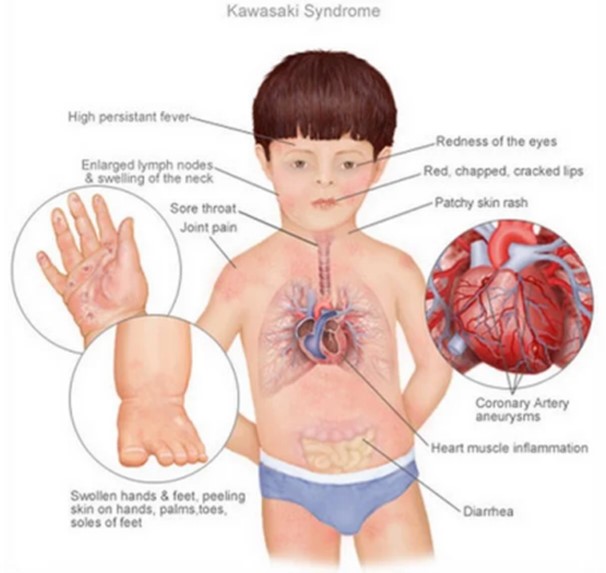Which medication should the nurse anticipate being used first in the emergency department for relief of severe respiratory distress related to asthma?
Albuterol nebulizer
Prednisone orally
Ipratopium inhaler
Fluticasone inhaler
The Correct Answer is A
Albuterol is a short-acting beta-agonist bronchodilator that provides rapid relief of bronchospasm and helps to alleviate the symptoms of respiratory distress in asthma. It acts quickly to relax the smooth muscles in the airways, improving airflow and relieving wheezing, coughing, and shortness of breath. In an acute asthma exacerbation, albuterol is often the first-line medication used to provide immediate relief and improve respiratory function. Prednisone is an oral corticosteroid that has anti-inflammatory effects and is commonly used in the treatment of asthma. However, it is typically administered orally and takes time to exert its effects. In the emergency department setting, the focus is on providing immediate relief of symptoms, and oral medications like prednisone may not have an immediate effect. Ipratropium is an anticholinergic bronchodilator that can be administered via inhalation. While it is effective in relieving bronchospasm, it is generally used as an adjunct to albuterol and not typically the first-line medication for severe respiratory distress in asthma. Fluticasone is an inhaled corticosteroid that has anti-inflammatory effects and is used for long-term management and control of asthma. It is not appropriate for immediate relief of severe respiratory distress and is not typically used as a first-line medication in the emergency department.
Nursing Test Bank
Naxlex Comprehensive Predictor Exams
Related Questions
Correct Answer is C
Explanation
A low-pressure ventilator alarm indicates a potential issue with the delivery of adequate air or pressure from the ventilator. The pulse oximetry reading of 85% suggests that the client is not receiving sufficient oxygenation.
Providing ventilation with a bag-valve-mask device allows the nurse to manually assist the client's breathing and ensure proper oxygenation and ventilation while troubleshooting the ventilator alarm. By manually ventilating the client, the nurse can help maintain oxygenation and prevent further hypoxemia until the underlying cause of the alarm can be identified and resolved.
Suctioning the client's endotracheal tube, adding air to the pilot balloon, or placing a bit block in the client's mouth may be appropriate interventions in specific situations, but they are not the immediate priority in this case. The primary concern is to address the low oxygen saturation and ensure adequate ventilation.
Correct Answer is A
Explanation

Whether you are a student looking to ace your exams or a practicing nurse seeking to enhance your expertise , our nursing education contents will empower you with the confidence and competence to make a difference in the lives of patients and become a respected leader in the healthcare field.
Visit Naxlex, invest in your future and unlock endless possibilities with our unparalleled nursing education contents today
Report Wrong Answer on the Current Question
Do you disagree with the answer? If yes, what is your expected answer? Explain.
Kindly be descriptive with the issue you are facing.
